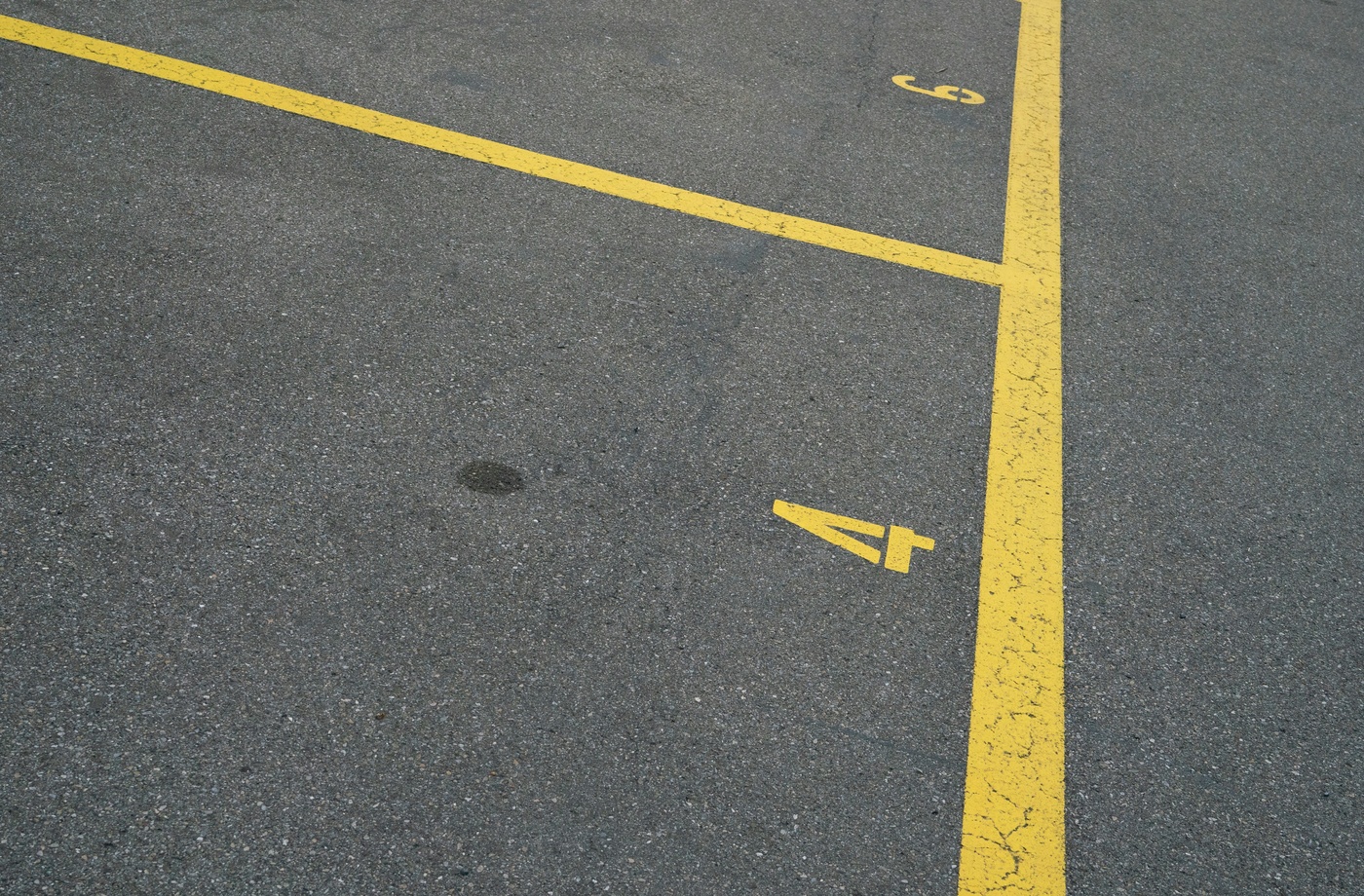In cities with dense traffic and limited street parking, parking tickets can feel inevitable. But with the right knowledge and attention to detail, you can avoid costly fines and unnecessary stress. Whether you’re a daily commuter, rideshare driver, or occasional visitor, understanding how to park legally in high-enforcement zones is critical for navigating urban streets like a pro.
Here’s how to steer clear of tickets in the toughest cities.
- Know the Local Rules—and Their Exceptions
Every city has unique parking rules, and they often vary by neighborhood. In places like New York City, alternate side parking, loading zones, and “no standing” signs are strictly enforced. In San Francisco, watch for color-coded curbs and time limits.
Check your local transportation website for detailed regulations:
Take photos of signs and curbs if you’re unsure—some cities allow you to dispute a ticket with photographic evidence.
- Use Parking Apps for Zone Info and Reminders
Apps like SpotAngels and ParkMobile can alert you to restricted zones, street cleaning schedules, and payment requirements. They also offer reminders to move your car before the meter expires or enforcement begins.
Some even crowdsource local enforcement habits, letting you know which areas see the most ticketing.
- Don’t Trust Old Habits or Word of Mouth
Just because a friend has parked in a certain spot without getting a ticket doesn’t mean it’s legal or safe. Cities often change parking rules based on construction, events, or seasonal regulations. Look for temporary signage posted by local departments, which can override permanent signs.
- Be Mindful of the Clock
Many zones are legal for part of the day and restricted at others. Loading zones, for instance, might become tow-away zones during rush hour. Use your phone to set a timer for how long you’re allowed to park, and give yourself extra time to return in case of delays.
- Watch for High-Risk Triggers
Avoid these common ticket traps:
- Parking too far from the curb or at a slight angle
- Blocking a crosswalk, hydrant, or driveway
- Letting your meter run out, even by a few minutes
- Forgetting to display a valid permit in residential areas
- Parking during snow emergencies or street cleaning times
Even minor missteps can cost $50–$100+ depending on your city.
- Turn Parking into a Rewards Opportunity
If you’re parking near shops, cafes, or retail stores, pair your stop with a quick errand—and earn money back in the process. Apps like Rakuten, Ibotta, and Fluz offer cashback for everyday purchases at national retailers.
For example, if you’re parked near CVS, you can earn cashback with a CVS gift card from Fluz and avoid making your parking stop feel like a waste of time. It’s a small win that can help offset parking costs or future tickets.
- If You Do Get a Ticket, Don’t Ignore It
Cities usually offer a brief window for early payment discounts. If you believe you were wrongly ticketed, dispute it online with clear evidence, like time-stamped photos or meter receipts. In some cities, you can schedule a hearing or upload your defense directly through the parking portal.
The Bottom Line
Avoiding parking tickets in high-enforcement areas takes vigilance, tech-savviness, and local knowledge. But if you stay informed, read signs carefully, and leverage tools like SpotAngels or cashback platforms like Fluz, Rakuten, or Ibotta, you can navigate city parking with fewer surprises—and fewer fines.



